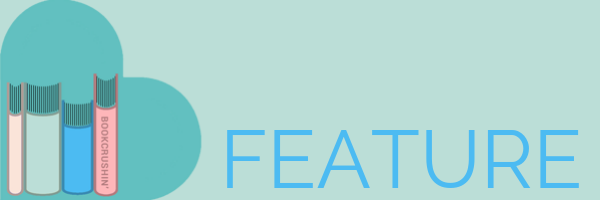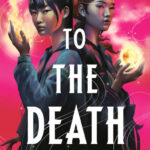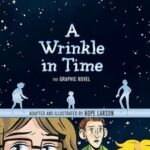
Feature: Sci-Fi Books That Explore the Complexity of the (possible) Future
Every day we get closer to living out a version of Black Mirror. ChatGPT, an AI dialogue service, is all over the news right now, with students and engineers using it for papers and code. Electric and automatic driving cars are no longer a thing for the future but part of the present and will soon replace gas vehicles. Robots and automation are increasingly entering the workforce.
However, with improved technology comes new challenges. AI is not human and algorithms have issues with discrimination and inaccuracy. Tesla is in the news for major car issues. And of course, robots are being used for military and similar actions (see: the robot dogs being used by border patrol).
The early days of YA were full of dystopian stories, which were often devoid of technology due to the fall of society. One of the key reasons why science fiction is so popular is that it offers a unique blend of escapism and realism. While the stories feature incredible technology and futuristic concepts, they also explore real-world issues such as identity, social justice, and politics. By exploring these themes through the lens of science fiction, young adult authors are able to engage readers in meaningful and thought-provoking discussions about important topics – including the complexity of improving technology.
We moved beyond the days of dystopian and our stories now live in futuristic societies, where technology has naturally progressed and new ethical questions arise. Check out a few of these stories and some of the ethics they examine.

Wrath by Sharon Moalem & Daniel Kraus: The ethics of animal experimentation have long been debated, with increasing regulations over time. In Wrath, Dr. Moalem uses his knowledge of genetics to explore the complexity of animals who have been genetically modified to communicate with humans. The catch? Of course, it’s for profit, and like all forms of capitalism, the ethics of animal augmentation are tested. In this story, you’re invited to examine them yourself by spending time inside the brain of one of the genetically modified rats as the modification happens. Truly terrifying to think about what humanity is capable of just to make a buck.
The First to Die at the End by Adam Silvera: I wasn’t sure what to expect from this book (since I almost never read synopsis) – were we going to get TBDATE pt 2? Secrets of DeathCast? Turns out we got an examination of the complexity of a system, controlled by a private entity, that tells you you’re about to die. This book will remind you that all scientific advancements come with unknown side effects, and DeathCast is no exception. It will walk you through the psychological impacts of being the person who tells others they are going to die. TFTDATE also touches on the chicken or the egg conversation: If you know you’re going to die and do something to hurry that along, is it a self-fulfilling prophecy?


The Test by Sylvain Neuvel: This novella packs a lot of thinking into one short story. What if the government had a chance to weed out citizens based on past traumas? The Test examines an evolution of the immigration test and reminds us that the study of psychology is far from over.










